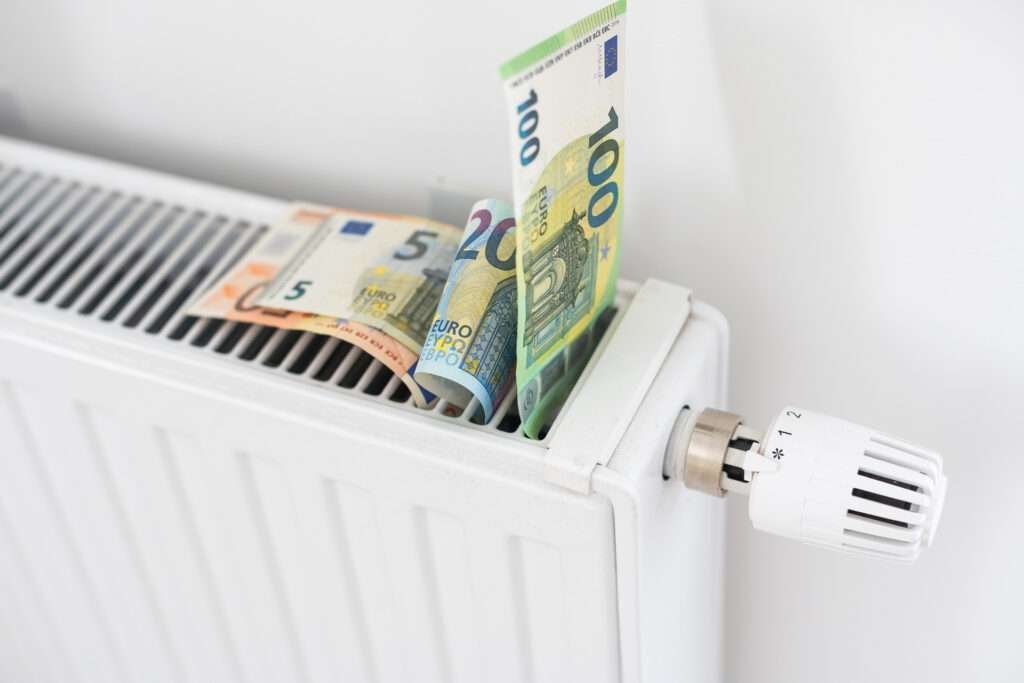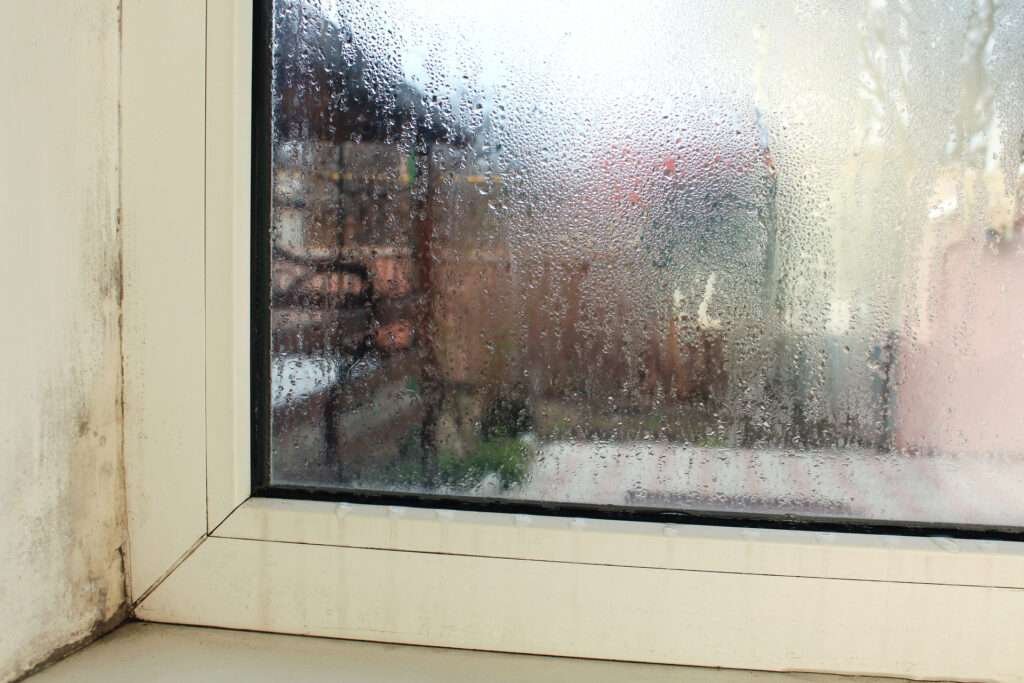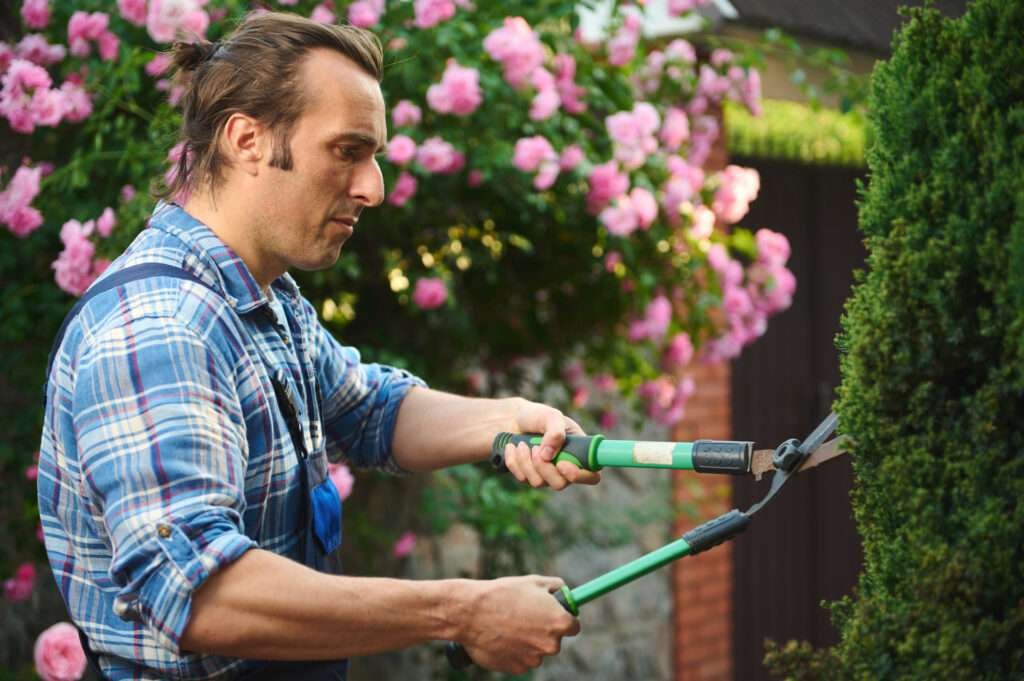Your questions answered!
I get inundated by landlords who are self-managing their investments, looking for help and advice. Here are some of the questions landlords have asked me recently.
ENERGY EFFICIENCY

Q: What grants are available to me as a landlord to keep my property warm during the colder months?
A: There are numerous grants available to help with energy efficiency, the most recent of which is the Great British Insulation Scheme. The best way to stay on top of this is to visit the gov.uk page on energy efficiency improvements and enter the details of your property. From there, you can see what grants are available to you.
GIFT FOR TENANTS

Q: I want to get my tenants a birthday present because they have been such good tenants. Is this something I can do?
A: You can, of course! When you have a good relationship with your tenants, this can be a nice gesture, if it is made clear that it is a gift with no obligations or expectations attached. If possible, try posting it or simply leaving it at the door, as many tenants cherish their privacy.
HEATING HOMES

Q: If my tenant refuses to heat the property regularly due to energy costs, how can I keep on top of excess cold?
A: Tenants are typically responsible for making sure the heating is used. However, many tenants—especially those with low incomes—will find it difficult to pay their bills during the cost-of-living crisis. You can assist them by helping them apply for energy efficiency grants for your property or directing them to possible sources of assistance with their fuel expenses.
BROADBAND SERVICE

Q: Do I have a responsibility to provide a certain connection speed or range when it comes to WiFi?
A: You are under no obligation to offer Wi-Fi at all. There is no requirement to meet a minimum speed if the broadband service is in your name and you haven’t specified it in the tenancy agreement. However, since it’s unlikely that the tenant will be able to change this, it might be a good idea to make sure the connection is strong. Tenants will be responsible for this if they arrange for their WiFi.
CONDENSATION DAMAGE

Q: How can I avoid damp and mould building up during the winter when condensation occurs?
A: Prior to doing anything else, you should confirm that there are no underlying structural issues that could contribute to the growth of mould and damp. Additionally, you can give your tenants information on how to prevent condensation build-up.
OUT-OF-USE FIREPLACE

Q: What are my options to ensure the out-of-use fireplace in my property is not used during the winter?
A: The best advice is to physically block off the fireplace if you do not want it to be used.
GARDEN DUTY

Q: My tenant is not properly maintaining the garden, and the weeds are beginning to grow through the paving.
A: You should formally remind the tenants in writing that they are responsible for maintaining the garden (as usually stated in the tenancy agreement) and that they will be responsible for any repairs if the weeds cause damage to the driveway. To accomplish this effectively, you should also think about giving the tenant the necessary equipment and/or weed killer and instructions on how to use it.
KITCHEN VENTILATION

Q: Tenants have requested an extractor fan in the kitchen; is this a must-have?
A: As the kitchen is an area that creates plenty of moisture during cooking, it is your responsibility to provide adequate ventilation. This does not need to be in the form of an extractor fan, though. Windows or other forms of ventilation could be adequate.
PROPERTY REPAIRS

Q: How long do I have to respond to a repair?
A: It is mandatory for landlords to investigate and execute repairs in a reasonable manner, which is contingent upon the type of damage and the possibility of causing harm to the tenant. For instance, it would make sense to dispatch an emergency plumber right away to fix a broken boiler in the winter.
GAINING ACCESS

Q: Is there a way to force entry to a property if the tenant is refusing to grant access?
A: In other words, no, not unless an injunction is granted, which a court will only do in very rare circumstances. Usually, to obtain access, you must give written notice of your intention to enter at least 24 hours in advance. You shouldn’t enter if the tenant declines or if they have previously refused and you haven’t heard from them. In an emergency, it might be worthwhile to force entry to prevent harm or catastrophic damage, but it would be wise to contact the emergency services in this case.
Get in touch!
Author: Jag Chaggar
You can contact me at: jag@tutisestates.co.uk for any questions you may have.
